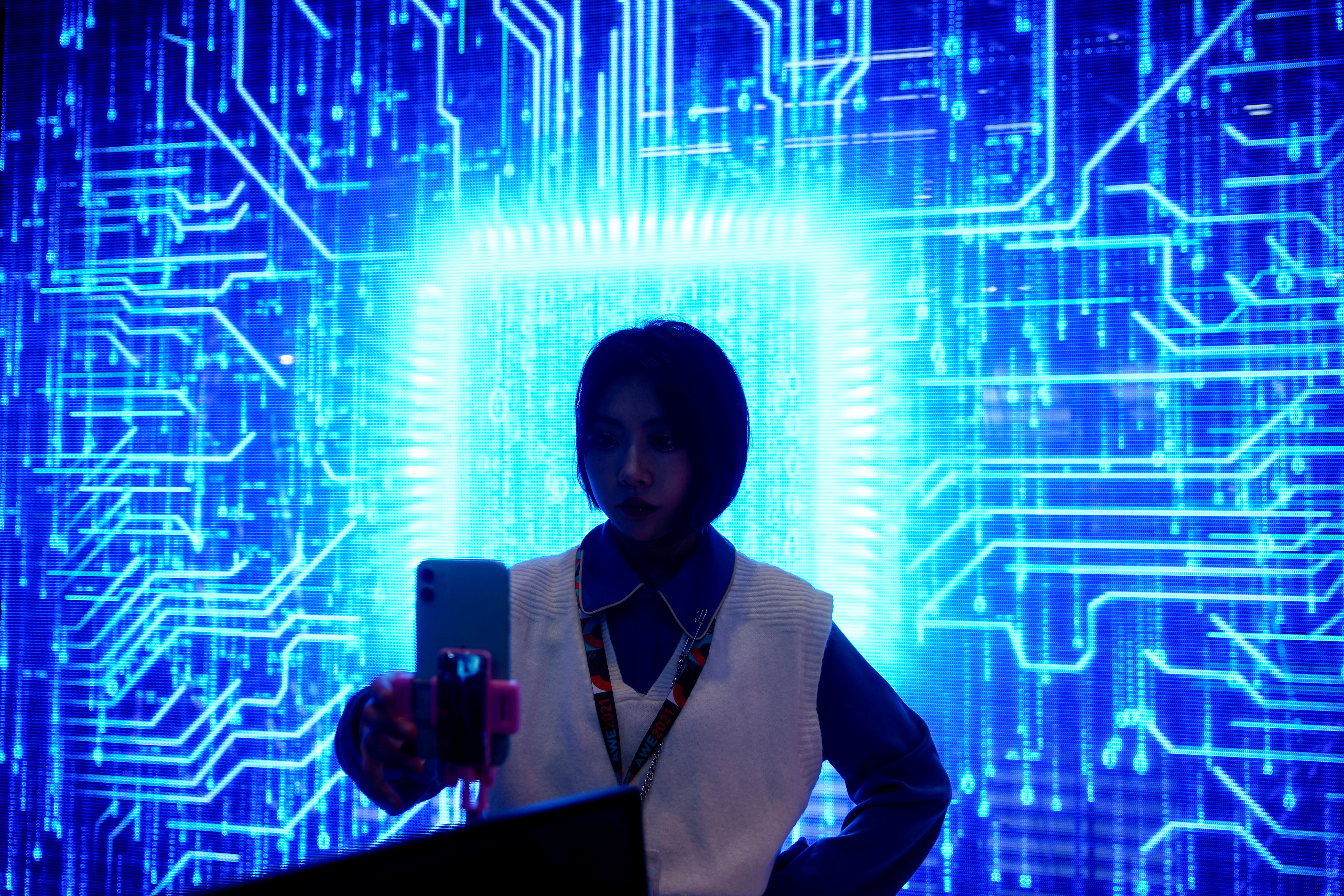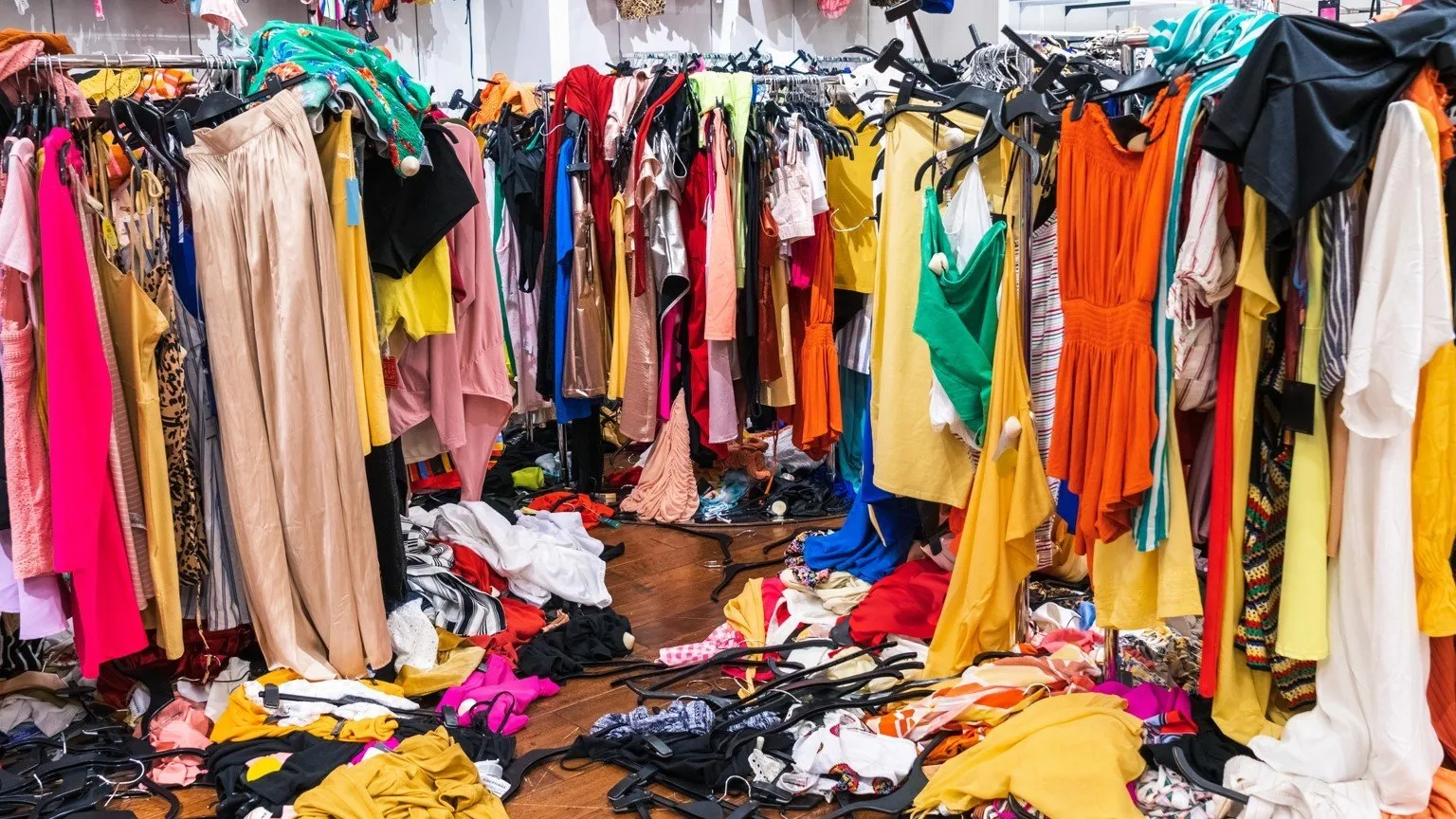A government-led buyout signals more uncertainty ahead for a chip industry grappling with oversupply and geopolitics. The state-backed Japan Investment Corp will take over JSR (4185.T), which makes light-sensitive chemicals vital to manufacturing semiconductors, among other things. It will help Tokyo bolster its technology supply chains as the country looks to capitalise on jitters around Taiwan, home to many major chipmakers and suppliers.
The Tokyo-based company is an unusual target for JIC and its affiliates. Past deals targeted troubled domestic outfits like Japan Display (6740.T), Renesas Electronics (6723.T) and Sharp (6753.T). In contrast, JSR is in a position of financial strength. In recent years, the conglomerate has pivoted from a low-margin business of selling synthetic rubber used to make tyres to focus on semiconductor materials – primarily photoresists – and biopharmaceuticals. Operating profit in the year to March 2024 is forecast by the company to increase a punchy 43%. Before Monday’s announcement which sent shares up their maximum 22%, the stock was up 25% since the start of the year.

The enthusiastic reception is warranted. The offer values JSR at just under $7 billion, including net debt. That’s more than 13 times analyst forecasts for current fiscal year’s EBITDA, per Refinitiv, well above the average 9 times multiple listed rivals, including the $65 billion giant Shin-Etsu Chemical (4063.T), trade on.
Yet JIC’s mandate to boost the country’s global competitiveness and its focus on consolidating industries helps to justify the hefty premium. JSR is already a leader in photoresists with a roughly 30% market share worldwide; CEO Eric Johnson said under a single government-backed owner, the firm can better drive efficiencies across the fragmented domestic semiconductor materials sector.
That fits with Tokyo’s ambitions to revive the country’s prowess in designing and manufacturing cutting-edge semiconductors – a sector now dominated by chipmakers in the United States, Taiwan and South Korea. Key to that will be maintaining Japan’s status as a key supplier of materials, tools and chemicals like the ones JSR produces.
The buyer’s plan to delist the company, and relist it in five to seven years, might also indicate it wants the company to aggressively expand at the expense of its bottom line. Either way, the government’s focus on elevating national chipmaking champions creates fresh uncertainty for JSR’s foreign customers like South Korea’s Samsung Electronics (005930.KS)and Taiwan Semiconductor Manufacturing (2330.TW). The global chip wars are heating up.
Chipmaking material supplier JSR on June 26 said its board has agreed to be bought by state-backed Japan Investment Corporation (JIC) for roughly 903.9 billion yen ($6.3 billion).
As part of the deal, JIC plans to launch a tender offer of 4,350 yen per share towards the end of December, after securing the necessary regulatory approvals. Mizuho Bank and the government-backed Development Bank of Japan will provide financing. The company also said that the plan is to relist in the future.
JSR shares opened up 9.3% to 4,299 yen on June 27, after closing up their maximum daily limit on June 26.
Editing by Una Galani and Thomas Shum


